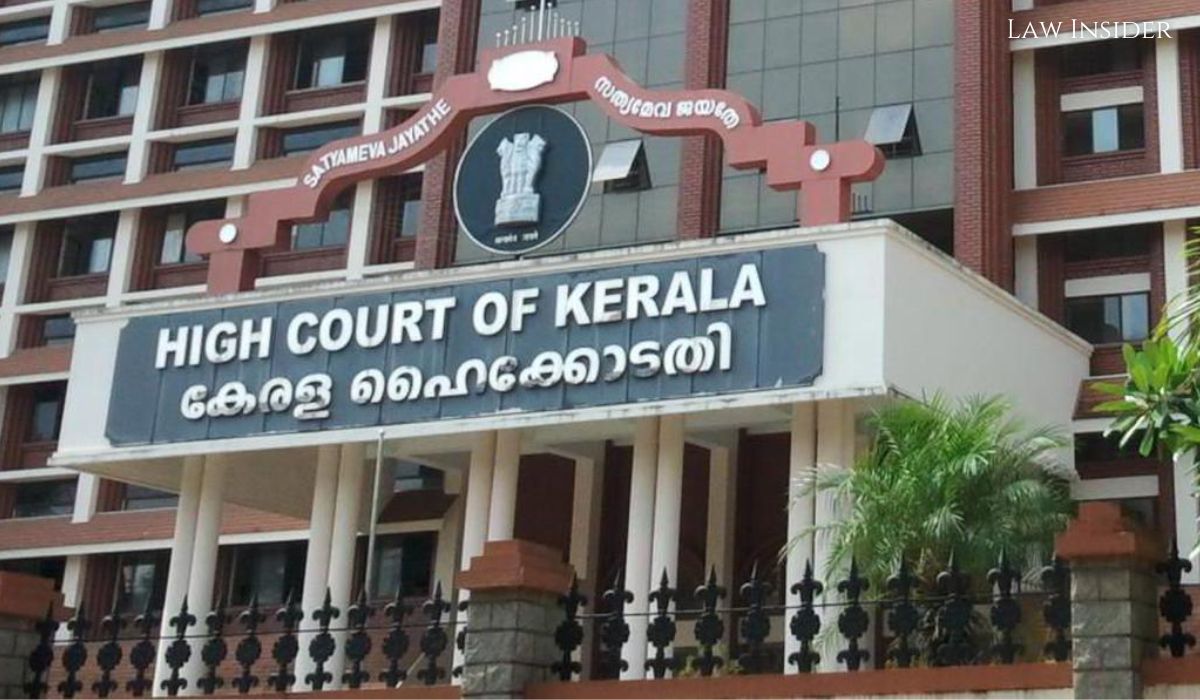LI Network
Published on: January 20, 2024 at 21:31 IST
The Kerala High Court has clarified that establishing a ‘dishonest intention’ is crucial for constituting an offense under Section 13(1)(d) of the Prevention of Corruption Act, which deals with criminal misconduct by public servants.
Justice K Babu emphasized that mere actions contrary to rules and departmental norms do not automatically amount to criminal misconduct.
The Court’s ruling came in response to a petition filed by accused numbers 1 and 2 in a vigilance case, seeking to quash the FIR and Final Report against them.
The allegations involved criminal misconduct under Section 13 of the Prevention of Corruption Act, coupled with Sections 120B (criminal conspiracy) and 34 (common intention) of the IPC.
The Vigilance and Anti-Corruption Bureau (VACB) had registered the case, which was pending before the Special Judge.
The accusations centered around the petitioners, who were part of a tender assessment team for selecting manual dredging and the sale of port sand in Kasaragod district. It was alleged that they accepted and rejected bids with dishonest intentions, resulting in criminal misconduct.
The petitioners’ counsel argued that there was no evidence indicating pecuniary gain or loss to the government, asserting that the irregularities were confined to the tender process.
Examining Section 13(1)(d) of the PC Act, the court highlighted that government servants can only be prosecuted if they abused their position for pecuniary gain. The court clarified that the provision aimed to punish corruption rather than erroneous decisions and stressed that the public servant’s decision or conduct must involve dishonest intention.
The Court found that the prosecution’s allegations pointed to irregularities in the tender process but did not establish a conspiracy to commit corruption. It noted the absence of any allegation that the petitioners gained pecuniary advantage.
Citing the Zakia Ahsan Jafri v. State of Gujarat (2022) case and relying on various Supreme Court decisions, the court underscored that dishonest intention forms the core of an offense under the PC Act.
Concluding that the FIR and Final Report failed to disclose any offenses against the petitioners, the court quashed all proceedings against them.
Case Title: C. Surendranath v State of Kerala, Citation: 2024 LiveLaw (Ker) 57

